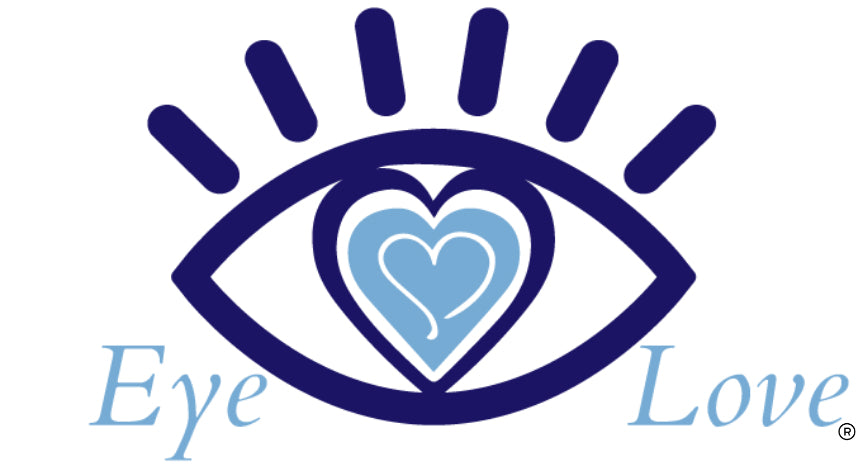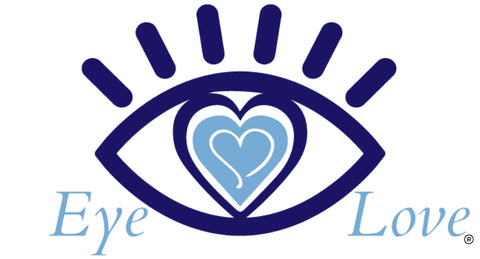3 Ingredients to AVOID In Your Eye Cream and Face Moisturizer
We all want to look and feel younger, and there are many ways to help us achieve those goals. One way to ensure that your skin stays supple and hydrated is to moisturize it well. However, do you know what ingredients are in your favorite eye cream or face moisturizer? The majority of facial moisturizers on the market today are loaded with chemicals - many of which should not be used near the eyes.
The tiny meibomian glands within the eyelids are arguably the most important factor when discussing eye health and comfort. These glands produce the oily portion of your tear film, and this oil allows for clear vision, a smooth surface to blink over, and comfortable eyes. When this oily layer is disrupted and the quality or quantity is poor, you’ll notice that your eyes may become dry and your vision becomes unstable. This, ultimately, leads to meibomian gland issues and dry, irritated eyes for many people.
So, which ingredients should you be avoiding in your eye cream and face moisturizer? Below you’ll find what we believe are the most important ones to look out for.
1. Retinol
It is well known that isotretinoin (better known as Accutane) causes meibomian gland atrophy. However, we are often asked whether or not this applies to the topical application of retinoids, such as Retin-A and the multitude of other retinol products on the market. While definitive evidence in humans does not yet exist, products containing retinoic acid have been shown to cause thickening and keratinization of the meibomian glands, degeneration of the cells within the glands, and a decrease in the production of oil from the glands in animal models.
Just because there has been no direct evidence of the effects in humans, it doesn’t mean that it can’t be detrimental. We know without a doubt that isotretinoin causes meibomian gland cell death, and it’s imperative that patients are aware of the potential effects on their meibomian glands.
The prevalence of eye dryness increases with age, and so does the use of retinol products due to their anti-aging nature. We, along with many other eye care specialists, recommend that our patients with dry, irritated eyes steer clear of anything containing these topical retinoids and retinoid derivatives. It’s not worth the potential loss of these important oil-secreting glands.
2. Phenoxyethanol
Another common, although more natural, preservative found in cosmetics and moisturizers is phenoxyethanol. Although still deemed safe by European standards and present in many products that claim to be preserved naturally, it is still an ingredient that gives us pause.
Studies performed on immortalized human meibomian gland epithelial cells (IHMGECs) show that phenoxyethanol (and other preservatives, including parabens) causes a drastic decrease in the activity of these cells. Ultimately, these effects are noted at concentrations below what is considered safe for human use. It has been found that cell atrophy and death occurs within 24 hours of exposure to phenoxyethanol at the approved human dosage.
So, what does this mean for you? You’ll see this ingredient in so many products, including eye creams and facial moisturizers meant to be used around the eyes. However, if you suffer from dry, irritated eyes, we recommend avoiding this preservative in those products that are coming into contact with your eyelids or that have the ability to migrate to your eyelids during the day or while you sleep. This means avoiding phenoxyethanol in facial moisturizers, eye cream, serum, eyeliner, mascara, and anything else used on the face. Body care products that contain this ingredient are likely fine to use if you have eye dryness issues.
3. Parabens
Parabens are known carcinogens, and they are also known to be hormone disruptors and neurotoxins. In short, they can change the way your body functions, and they’re definitely not something you want around your eyes. The study referenced above included parabens in its research, so the same can be said for parabens as was said for phenoxyethanol.
We like to use the Environmental Working Group’s (EWG) Skin Deep website to find more information on the chemicals present in all kinds of cosmetics and body care products, and there’s a wealth of information on this site about the dangers of parabens. According to the EWG, long-chain parabens (isobutyl-, butyl-, isopropyl- and propylparaben) should be avoided in personal care products and cosmetics.
This is just one example, but it was found that adolescent girls wearing makeup everyday had 20 times the level of propylparaben in their system when compared with girls the same age who rarely or never wore makeup. If you’re using a face moisturizer that is preserved with parabens and then also using shampoo, makeup, and body lotion that contain it, and you use them all every single day, you’re greatly increasing your risk of having issues because of it.
Lastly, the skin can easily become sensitive to products containing parabens (and likely other harmful chemicals). This is the last thing you want when dealing with dry, irritated eyes and inflamed eyelids, and this will only exacerbate your symptoms.
Choosing Safer Options
We know it can be incredibly tough to find products that are safe and healthy for your skin and eyes, but it is possible. There are great brands out there that make it a point to avoid these chemicals, and you should be looking to use those brands in your daily routine. Begin with the products you use directly around your eyes (eye cream, moisturizer, mascara, eyeliner) and continue to choose better products from there.
We’ve spent the last two years formulating our Heyedrate eye cream and face moisturizer that’s not only safe for your eyes but wonderful for your skin as well. This moisturizer is free of chemical preservatives that could potentially cause damage to your meibomian glands (no retinol, no parabens, no phenoxyethanol!), and it contains plenty of ingredients to keep your skin feeling supple and happy.



